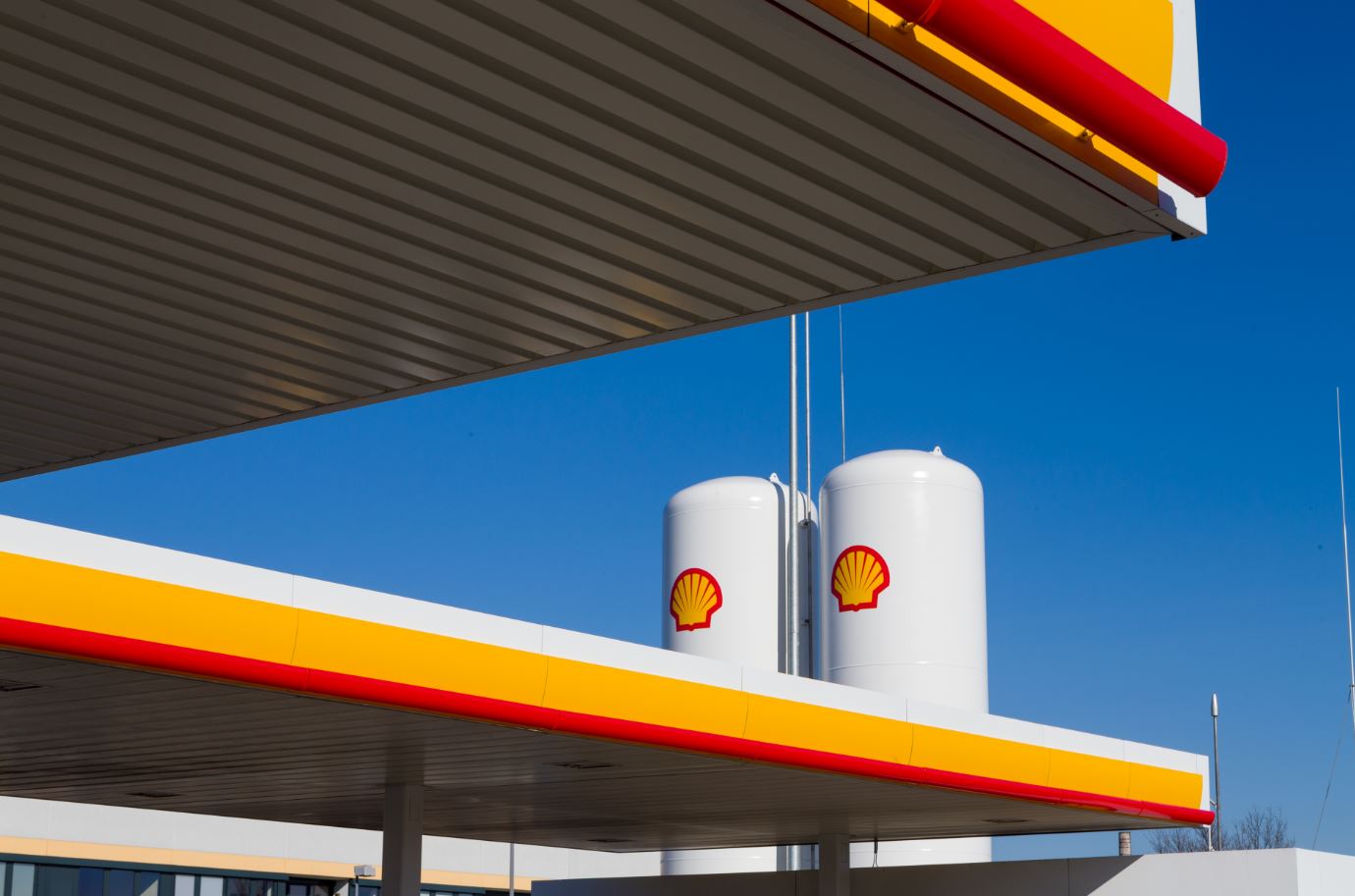Energy giant Shell will collaborate on a feasibility study to trial the use of hydrogen fuel cells for ships, the first of its kind for the firm and in Singapore.
If successful, it would help pave the way for cleaner, hydrogen-powered shipping, Shell, which is also one of the world’s largest promoters of LNG as fuel, said in a statement.
“Shell’s analysis points to hydrogen with fuel cells as the zero-emissions technology which has the greatest potential to help the shipping sector achieve net-zero emissions by 2050,” it said.
Shell, the charterer of the trial vessel and the hydrogen fuel provider, is working with Singapore’s SembCorp Marine and its wholly-owned unit LMG Marin, who will design the fuel cell and retrofit the vessel.
The LNG giant is also working with Singapore’s Penguin International, who owns the roll-on/roll-off vessel.
Trial will last for 12 months
The trial will develop and install an auxiliary power unit proton exchange membrane (PEM) fuel cell on the vessel that transports goods, vehicles and equipment on trucks between the mainland and Shell’s Pulau Bukom manufacturing site.
Moreover, the team will first carry out a feasibility study with the intention to install the fuel cell next year. The vessel would operate for a trial period of 12 months, Shell said.
In November 2020, Shell Singapore outlined a 10-year plan for how the company could cut its own CO2 emissions in the country by about a third within a decade. Shell has set out its target to be a net-zero emissions energy business by 2050, in step with society and with customers.
In addition, Shell has also announced it will be joining a consortium to develop an LNG fuel cell trial on a commercial deep-sea vessel, with partners from across the value chain, to demonstrate the maritime suitability of fuel cells and develop the technology for use with future fuels.

